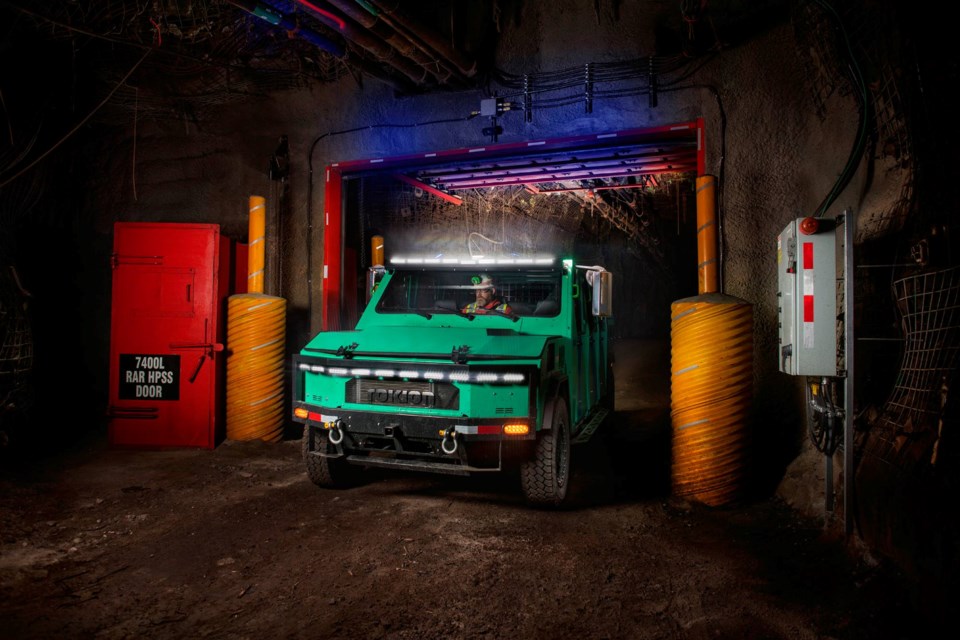Vale will supply U.S. automaker Tesla with nickel for the production of batteries used in its electric vehicles (EVs).
The company confirmed the agreement after Tesla released its 2021 Impact Report, in which it outlined details about its battery supply chain.
In Sudbury, Vale operates five mines, a mill, a smelter and a refinery, where it produces nickel, copper, cobalt, platinum group metals, gold, and silver. Together, the operations employ 4,000 people.
Additionally, Vale produces nickel at its Thompson, Man., complex.
In a May 6 news release, the company said the "long-term contract" to supply Tesla with Class 1 nickel is “in line with our strategy to increase exposure to the electric vehicle industry, leveraging our low-carbon footprint and market-leading position as North America’s largest producer of finished nickel.”
“We are pleased to have the leading electric vehicle manufacturer Tesla among our customers,” said Deshnee Naidoo, Vale’s executive vice-president of base metals, in the release.
“This agreement reflects a shared commitment to sustainability and shows very clearly we are the supplier-of-choice for low-carbon and high purity nickel products essential for long-range batteries.”
Vale said it’s aiming to provide 30 per cent to 40 per cent of its Class 1 nickel to the electric vehicle industry.
According to the company, its Canadian operations produce “some of the lowest-carbon nickel globally.”
Rounds from its Long Harbour refinery in Newfoundland & Labrador in 2020 had a verified carbon footprint of 4.4 tonnes CO2 equivalent per tonne of nickel, Vale noted, while pellets and powder from the Copper Cliff Nickel Refinery in Ontario had a verified footprint of 7.3 tonnes equivalent. This includes Scope 1 and 2 emissions from mining, milling and refining as well as upstream Scope 3 emissions from inputs.



